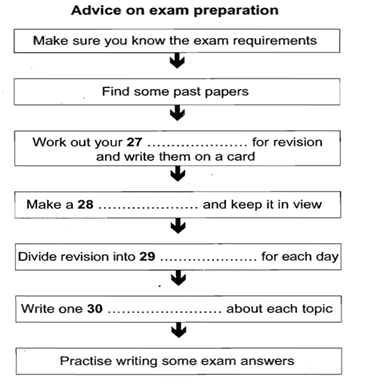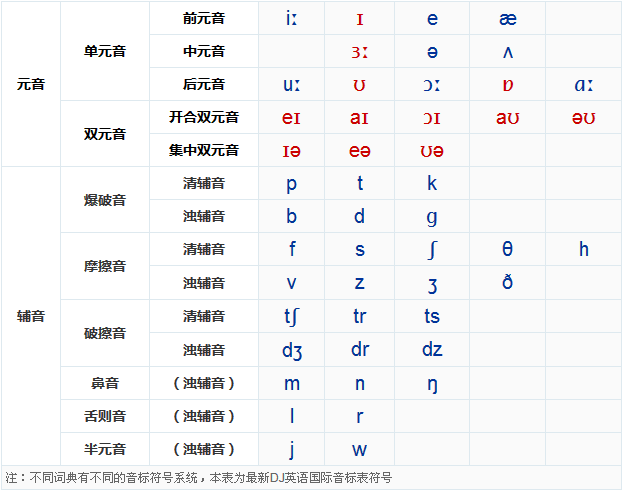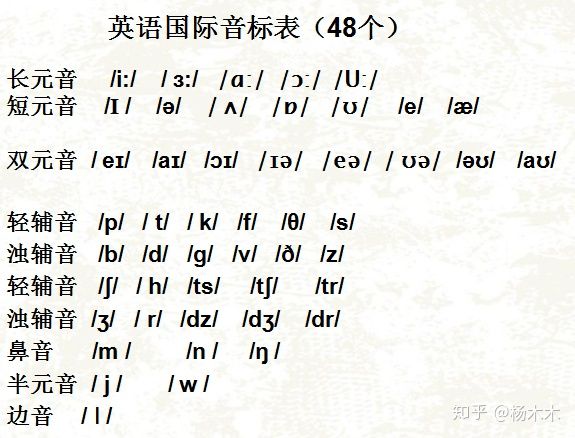雅思口语7分有多难?词汇量要多少才够?下面小编就和大家分享,来欣赏一下吧。
很多同学问:雅思口语7分有多难?口语7分需要多少词汇量?其实,在教雅思口语的过程中,大家都会遇到这样的问题:如果我词汇量有限,应该怎么办?等等。对于这样的问题,新东方雅思老师给出这样的解释:词汇量是雅思口语考察的四个评分标准之一,但绝对不是唯一的评分标准,而且也不是最为重要的评分标准。考生们之所以会有这样的众多的关于词汇量的疑问,主要是由于传统英语教学方式所致。在传统英语教育中,无论是平时的课堂教学,还是考试,词汇都被给予了极大的重视。
这就不可避免的导致了考生会不自觉地将雅思水平和词汇量挂钩。所以,我们通常会看到雅思词汇量大的考生过于自信,词汇量小的学生比较自卑,但雅思口语考试的结果往往与词汇量没有直接关系。其次,很多雅思考生在准备英语考试,尤其是雅思考试中,可能会通过听,看大量的英语节目,歌曲,电影来提高自己的听说能力。而在这个过程当中,可能感觉外国人的单词太难,所以感觉自己的词汇量太小,从而更加坚定了这种通过扩大词汇量来提高自身雅思口语水平的想法。
其实,电视节目或者radio里面的人说话时用的词汇之所以难主要是因为这些话都是事先准备好的。如果大家真的与外教或者其他的外国人多进行交流的时候,我们不难发现,外国人通常用的词汇很简单,非常常见。大家可以想象一下:在外教课上,外教说的话基本上稍微有点水平的学生都会听的懂。但是学生们有没有想过,如果让你们站在讲桌上,你们是否还能连续的说3个小时呢? 恐怕5分钟都非常的困难。所以我们可以看到,其实雅思口语能力并不是通过词汇量来衡量,而是更多的看一个人运用语言这样的工具去交流。
当然,不需要太多词汇量,并不代表可以没有词汇量。专家们认为,如果考生在雅思口语考试中想要考6分,2000词汇足以。如果要考7分,3000词汇都多。当然,这一切发生的条件都是考生不能在雅思口语的其他三个评分标准中有太大的瑕疵:发音,语法和流利度。可能很多人感觉3000词汇怎么可能口语考7,那么下面就让我们来分析一下这3000词汇包含什么?7分的雅思口语又是如何通过这3000词汇实现的?
3000词汇当然除了基本的在国内小学,初中学习的词汇外,还主要包含两个方面:1. 雅思口语常用表达:比如说for what is worth; totally;pretty much等;2. 专业的雅思话题词汇。 首先,第一类的词汇可以简单的称之为万能词汇,具有以下特点:1。在外国人的对话里会经常的用到。这些词汇可能考生早已熟知,但是并没有有意识的去应用;所以,如果想要雅思考7,考生们需要通过与外教的交流或者是看一些国外的剧来积累至少50-70个这样的口语高频词组。而且这些词组非常地道,能够让雅思考官眼前一亮。
雅思口语六分不容易。雅思口语小分是大家最为头疼的一点。常常因为零点五分就需要再考一次甚至考多次才能达到。具体雅思口语六分应达到什么标准。知道评分标准也能让大家复习过程中更有重点,下面就来看看小编为大家收集整理的雅思口语评分细则,分享给大家,希望对大家有所帮助。下面和小编一起来看看吧:
同样,在雅思口语部分,考官也是按四项标准分别评等级分:流利度及连贯性,词汇、句式丰富性及语法准确性和语音。
(A)流利度及连贯性方面,愿意进行详细描述,但有时因重复、自我更正或停顿而造成不连贯,运用不同的连接词和语篇标记,但有时不恰当。
(B)词汇方面,尽管有时词汇运用不恰当,但词汇量足以详细表述主题,表意清楚,总体上能成功地变换措辞进行复述。
(C)句式多样性及语法准确性方面,混合使用简单和复合句式,但不够灵活;使用复合句式时经常出错,但并不因此影响理解。
(D)语音方面,总体能听懂,偶尔因发音错误给听者理解造成负担。 评分一直受质量监控。
3. 聪明人
Describe an intelligent person you know.
You should say:
Who this person is
Who you know this person
What this person does
And explain why you think this person is intelligent
Part 3:
Do you think smart people tend to be selfish?
Who do you think plays a more important role in a child’s development, teachers or parents?
Why are some children more intelligent than others?
4. 有趣的老人
Describe an old person who is interesting.
You should say:
Who this person is
How you know this person
What you do with this person
And explain why you think this person is interesting
Part 3:
What can old people teach young people
Do old people share the same interest with young people?
Do you think old people should live with their family?
5. 儿时的榜样
Describe a person you wanted to be similar to when you were growing up.
You should say:
When you first met this person
Who this person was
What the person did
And why you would like to become this person
Part 3:
What kinds of famous people do children like?
What good qualities do famous people have?
Do you think advertisements aimed at children should be endorsed by famous people?
Can you compare the past and the present of children’s life?
6. 没见过但想多了解的人
Describe someone you haven’t seen before but you would like to know more.
You should say:
Who this person is
How you knew about the person
What you want to know more about this person
Why you would like to know this person more
Part 3:
What kinds of people do you like to be friends with?
Do you prefer to expand your social circle or be friends with a small group of people?
7. 环保人士
Describe a person who helps to protect the environment.
You should say:
Who this person is
How this person protects the environment
What difficulty this person has faced
And how you feel about this person
Part 3:
What is the importance of environment education?
How to protect the environment?
Is it important to teach students environmental protection at school?
Do you think it is necessary to make environmental protection as a subject?
Describe someone you would like to study or work with.
You should say:
Who this person is
How long you have known this person
What you have done together
And explain why you would like to work/study with this person
Part 3:
What kinds of person do you like to work with?
Which one is more important to you at work, development in work related skills or the recognition from your supervisors?
Do you think managers can be friends with their subordinates?
下一篇:雅思口语高分经验分享




